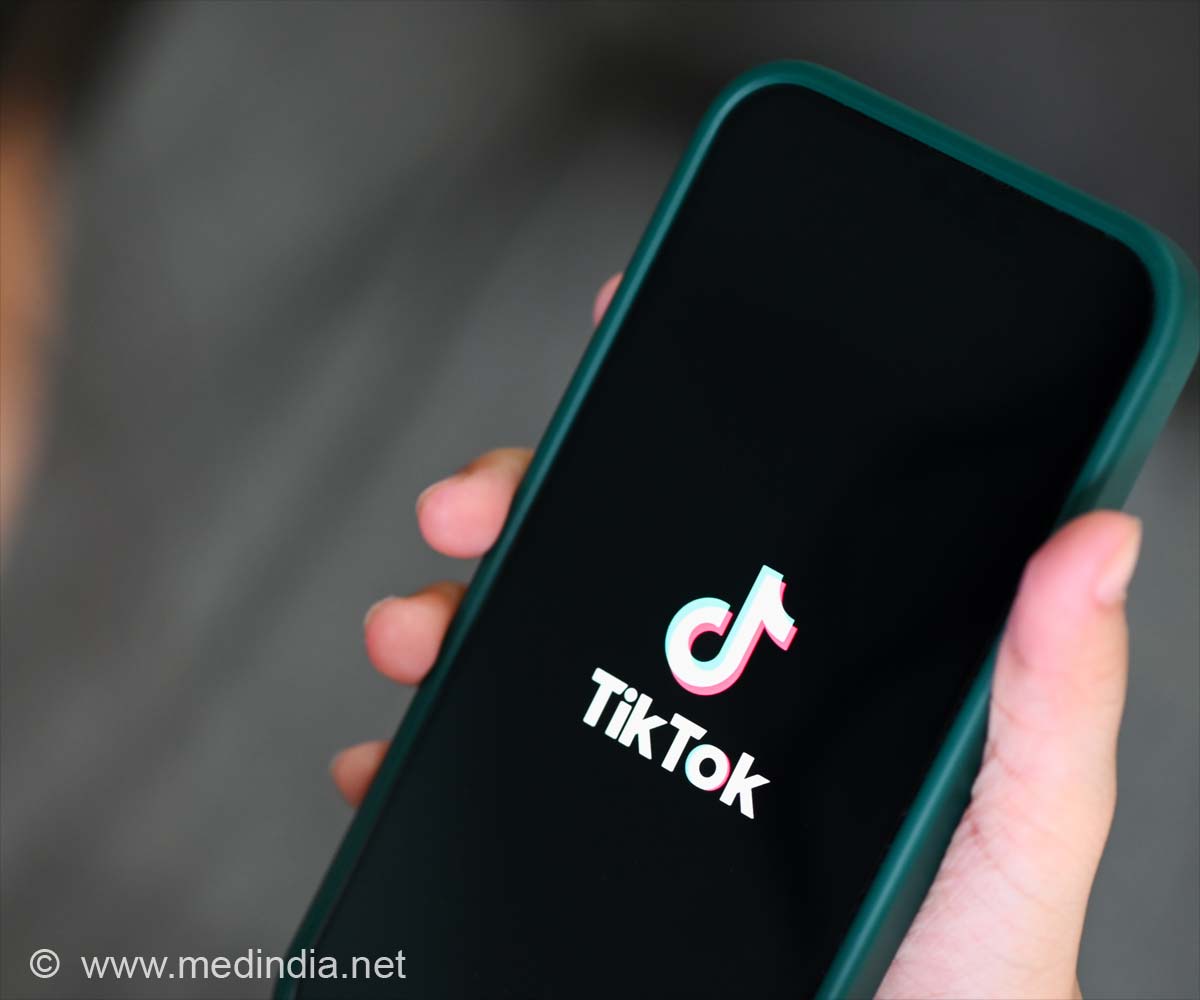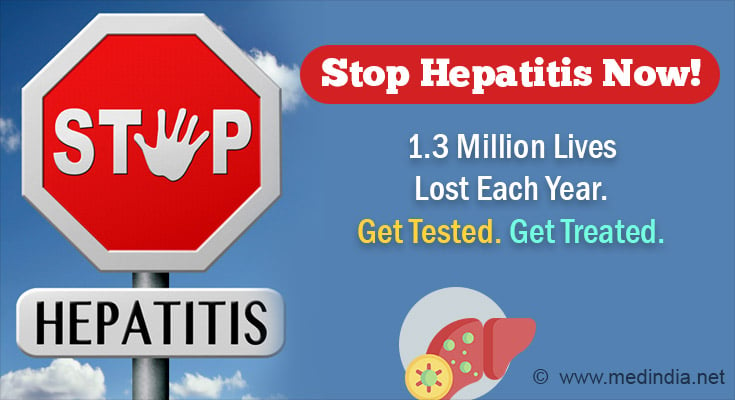
- Sleepmaxxing on TikTok offers both helpful and questionable sleep tips
- Experts warn against unsafe practices like mouth-taping and excessive supplement use
- Simple methods like reducing screen time and avoiding caffeine are still the best for better sleep
Sleepmaxxing is the newest trend on social media for everyone in the world, especially on TikTok. Users share their sleep tips, products, or practices to improve the quality of their sleep, thus making hundreds of thousands of views confirmed to most people that public interest in sleep is definitely taking hold.
Advertisement
Why Sleepmaxxing Is Going Viral
With the change of social lifestyles, and with the growing awareness of the role of sleep, one of the most essential factors for healthy living, sleepmaxxing has recently gained more attention. It owes its popularity to the post-2020 world in which self-care and balance are becoming the determinants of healthy living. Social media networking sites, particularly TikTok, have also added to this trend.
Advertisement
How Sleepmaxxing Can Benefit Your Health
There are many positive implications from sleepmaxxing to health. The CDC suggests the level of sleep people need because that amount of sleep can (1✔ ✔Trusted Source
About Sleep
):
- Lower the number of sick days
- Assist in enabling healthy body weight
- Reduce stress and brighten mood
- Lessen the risk of chronic conditions, such as heart disease or diabetes
- Help people sharpen their attention and memory to enhance daily performance
Experts agree that improving the quality of sleep is crucial to maintaining one’s physical and mental health.
Advertisement
Questionable Sleepmaxxing Practices
While some practices of sleepmaxxing are real, others carry a significant risk. Experts have questioned several practices that popular videos promote. Here are some common trends:
Magnesium: The mineral often promoted in viral recipe videos that can indeed help sleep better but may cause gastrointestinal issues when consumed in excess or in interaction with certain medications (2✔ ✔Trusted Source
The Role of Magnesium in Sleep Health: a Systematic Review of Available Literature
Mouth-Taping: Aimed at minimizing snoring, there is limited scientific evidence to back this method and also potentially holds a myriad of risks for people suffering from conditions such as sleep apnea (3✔ ✔Trusted Source
Effect of mouth closure on upper airway obstruction in patients with obstructive sleep apnoea exhibiting mouth breathing: a drug-induced sleep endoscopy study
Melatonin: A common over-the-counter supplement used to correct short-term sleep disorders such as jet lag. However, over-the-counter dosing of melatonin is often significantly higher than needed to be effective and, therefore, may have negative side effects in its use.
White Noise: Research shows that white noise app help improve the quality of sleep by controlling the noise pollution levels (4✔ ✔Trusted Source
Impact of a white noise app on sleep quality among critically ill patients
Nostril Expanders: There is very little evidence based on these devices proving snoring prevention or easier breathing at night to be achievable.
Sleep Trackers: These are very helpful devices, but should not be an actual diagnostic tool for sleep disorder issues. They can aid further in discussion and development of plans with healthcare providers regarding sleeping concerns.
What Can Help You Sleep Better?
Simple, proven methods recommended by experts include the following ways to enhance good sleep quality:
- Do not take any caffeine six hours before bedtime
- Limit alcohol intake and avoid any consumption of alcohol three hours before bed time
- Limit screen time prior to when one wants to sleep, ideally for 45 minutes before as a way of ensuring less blue light exposure
- Exercise frequently but not close to bedtime
- Sleeping and waking at the same hour
- A cool, dark bedroom environment
- Exposure to morning sunshine
When Sleepmaxxing Can Backfire
While the desire to optimize sleep is a good thing, over obsessing on the issue can lead to anxiety and, ironically, create sleep disorders. Experts warn that vigilantly checking sleep data or obsessing over the quality of sleep may lead to insomnia or poor sleep. In a nutshell, a balance must be struck, and not let the hype over perfect sleep end up working against it.
Finally, sleepmaxxing succeeds in bringing forth the importance of sleep into the foreground of today’s wellness picture but must recognize where the science stops and where the potentially dangerous trend begins.
References:
- About Sleep – (https://www.cdc.gov/sleep/about/index.html)
- The Role of Magnesium in Sleep Health: a Systematic Review of Available Literature – (https://pubmed.ncbi.nlm.nih.gov/35184264/)
- Effect of mouth closure on upper airway obstruction in patients with obstructive sleep apnoea exhibiting mouth breathing: a drug-induced sleep endoscopy study – (https://pubmed.ncbi.nlm.nih.gov/32162059/)
- Impact of a white noise app on sleep quality among critically ill patients – (https://pubmed.ncbi.nlm.nih.gov/34931413/)
Source-Medindia



